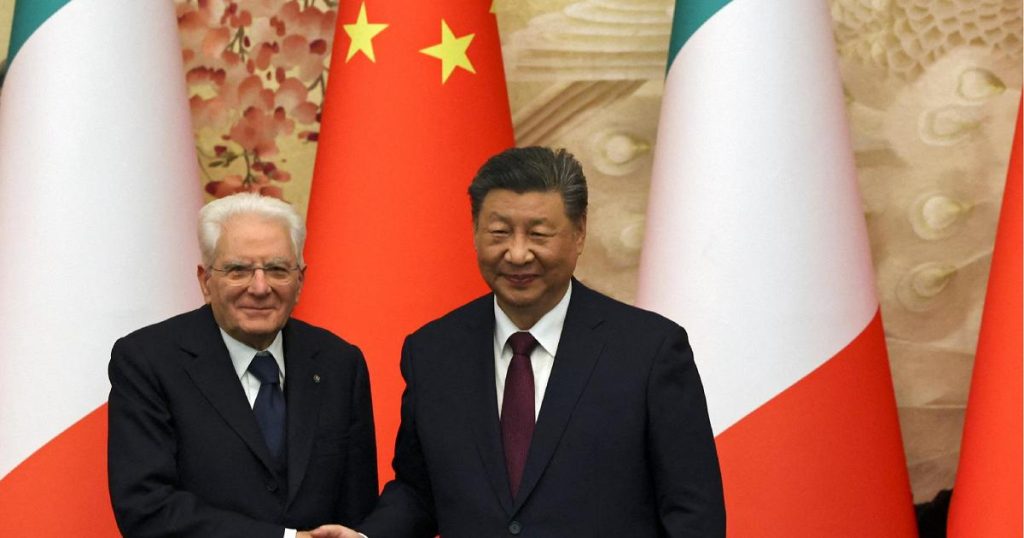In a lecture at the University of Beijing, Italian President Mattarella emphasized the importance of China as a key player in international relations. He called on China to work towards ending the Russian aggression, highlighting the country’s crucial role in global affairs. This statement underscores the significance of China’s involvement in promoting peace and stability on the global stage.
Mattarella’s remarks reflect the complex dynamics of international relations, where major powers like China have a significant influence on geopolitical events. By addressing China directly and urging them to take action on the issue of Russian aggression, the Italian President is recognizing the country’s potential to shape outcomes in conflicts around the world. This demonstrates a recognition of China’s growing role in global governance and its ability to contribute to resolving international crises.
The choice of Beijing as the venue for Mattarella’s lecture is significant, as it underscores the importance of China in Italy’s foreign policy priorities. By speaking at a prestigious institution in the Chinese capital, the Italian President is signaling the close ties between the two countries and the desire for cooperation on important global issues. This gesture highlights the potential for collaboration between Italy and China on matters of mutual concern, such as promoting peace and security in regions affected by conflict.
The call for China to address the issue of Russian aggression also highlights the interconnected nature of global challenges. By recognizing China’s influence in international affairs, Mattarella is acknowledging the need for coordinated efforts among major powers to address pressing issues like conflict resolution and security threats. This emphasis on collaboration and cooperation signals a shift towards a more multilateral approach to resolving conflicts and promoting peace, reflecting a recognition of the interconnectedness of global security challenges.
Overall, Mattarella’s lecture at the University of Beijing underscores the importance of China in Italian foreign policy and the broader international landscape. By calling on China to play a role in addressing the issue of Russian aggression, the Italian President is recognizing the country’s potential to shape outcomes in global conflicts. This highlights the need for coordinated efforts among major powers to address pressing security threats and promote peace and stability on the global stage. The lecture serves as a reminder of the interconnected nature of global challenges and the importance of cooperation in addressing them.















